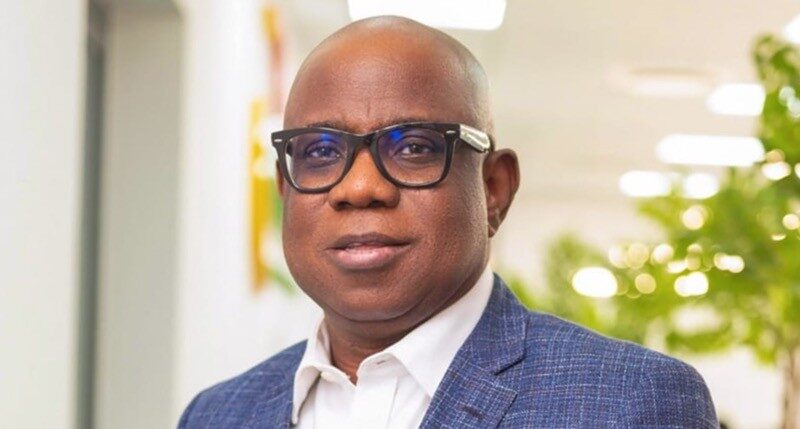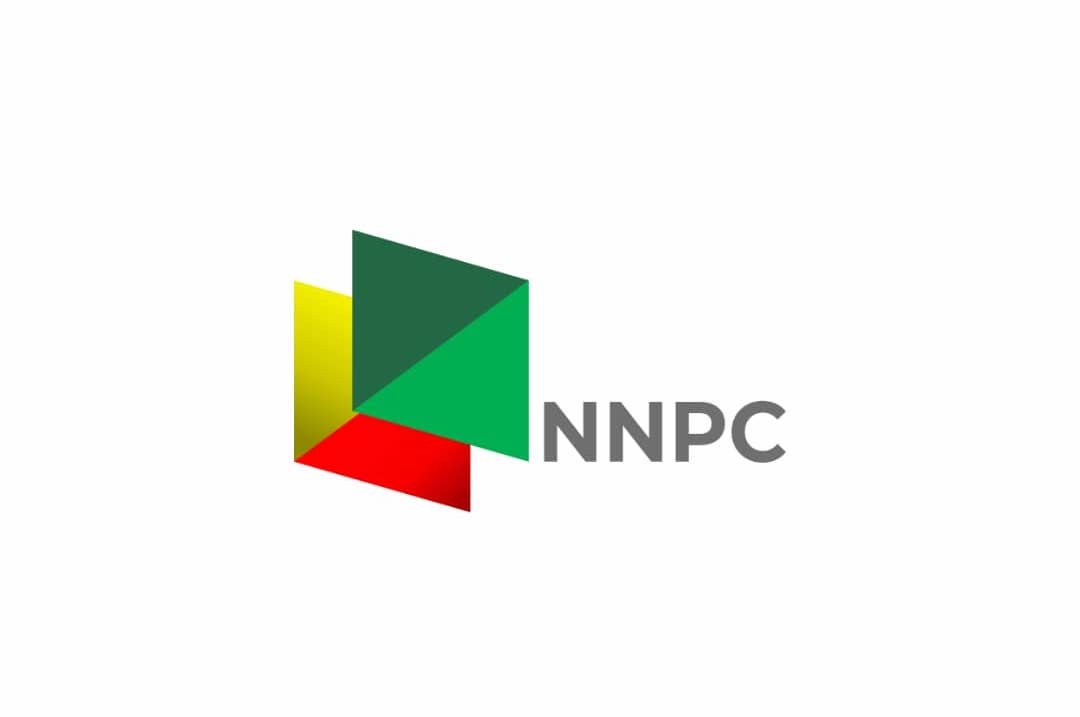Kayode Tokede
Deposit money banks and merchant banks borrowing from the Central Bank of Nigeria (CBN) dropped by 34 per cent to N16.49 trillion in March 2025 from N24.82trillion in February 2025, attributable to access liquidity in the financial system.
The CBN provides the Standing Lending Facility (SLF), a short-term lending window for banks and merchant banks, to access liquidity to run their day-to-day business operations.
Financial data released by the CBN showed that banks and merchant banks have borrowed an estimated N50.46 trillion in first quarter of 2025, about 161.5 per cent increase when compared to N31.25 trillion in Q1 2024.
According to CBN, Nigeria’s Money Supply (M2) closed February 2025 at N110.3 trillion, 17.3 per cent Year-on-Year (YoY) from N93.97 trillion in the corresponding period of 2024.
Meanwhile, the interest rate at which these banks and merchant banks borrow from CBN has not changed in 2025 amid the Monetary Policy Committee (MPC) maintaining status quo on rates at its first MPR this year.
In 2024, the MPC members voted to increase interest rate from 18.75 per cent to 27.50 per cent amid its mandate to tackle inflation rate and unstable Naira at the foreign exchange market.
The Director of the Financial Markets Department, CBN, Dr. Omolara Duke in a circular had stated that the apex bank allowed banks to borrow at a rate of 31.75 per cent when the MPR was at 26.75per cent.
Banks can access the SLF through the Scripless Securities Settlement System (S4) within the specified operating hours of 5:00 pm to 6:30 pm. Additionally, authorised dealers are permitted to access the Intraday Lending Facility (ILF) at no cost, provided it is repaid on the same day.
He stated: “The MPC adjusted the upper corridor of the standing facilities to five per cent from 1.00 percent around the MPR, at its 296th meeting. Consequently, the suspension of the SLF is hereby lifted and Authorised Dealers should send their request for SLF through the Scripless Securities Settlement System (S4) within the operating hours of 5.00pm to 6.30pm.
“To this end, Authorised Dealers are permitted to access the SLF at 31.75 per cent; Permitted to access Intraday Lending Facility (ILF) to avoid system gridlock at no cost if repaid the same day; The five per cent penalty (as stated in the S4 business rules) is retained, for participants that do not settle their ILF, which the system will convert to SLF at 36.75 per cent;
“Collateral execution (the rediscounting of instruments pledged by participants at the penal rate by CBN) is reintroduced as stipulated in the approved repo guidelines. “The circular takes immediate effect.”
The CBN data also revealed that banks and merchant banks deposited N5.19 trillion in March 20255, representing 11 per cent increase over N4.65 trillion in February 2025.
Analysis of the data showed that financial institutions in the country have deposited an estimated N19.2 trillion in Q1 2025, up by 957 per cent from N1.82 trillion in Q1 2024.
Banks and merchant banks use the Standing Deposit Facility (SDF) to deposit excess funds with the apex bank.
The CBN has shifted to a single-tier remuneration structure for the SDF. Previously, deposits up to a certain threshold for example N3 billion, earned a higher interest rate, while amounts exceeding that threshold earned a lower rate.
Under the new policy, all SDF deposits are remunerated at the Monetary Policy Rate (MPR) minus 100 basis points. With the current MPR at 27.5 per cent, this results in an SDF rate of 26.5 per cent.
Analysts attribute the increasing banks borrowing from CBN to dwindling naira at the foreign exchange market, coupled with rising inflation rate and apex bank mopping up excess liquidity in the financial sector.
Speaking, the Chief Executive Officer of the Centre for Promotion of Private Enterprises (CPPE), Dr. Muda Yusuf had stated that, “This is a reflection of liquidity pressure some of the banks are going through. The facility is typically short term.
“This may not necessarily indicate that the banks are stressed or unstable. Meanwhile, the recapitalisation of banks is long overdue. The minimum capital requirements of N25 billion is no longer adequate, if discounted for inflation.”
On his part, The Vice president Highcap Securities, Mr. David Adnori, said, “The development points to lack of liquidity on the part of banks. Monetary policy has been tightening and this has led to low liquidity. It is cheaper for banks to borrow from the CBN. This development is not positive but negative. We cannot continue to tighten because it will reflect of economic growth.”


